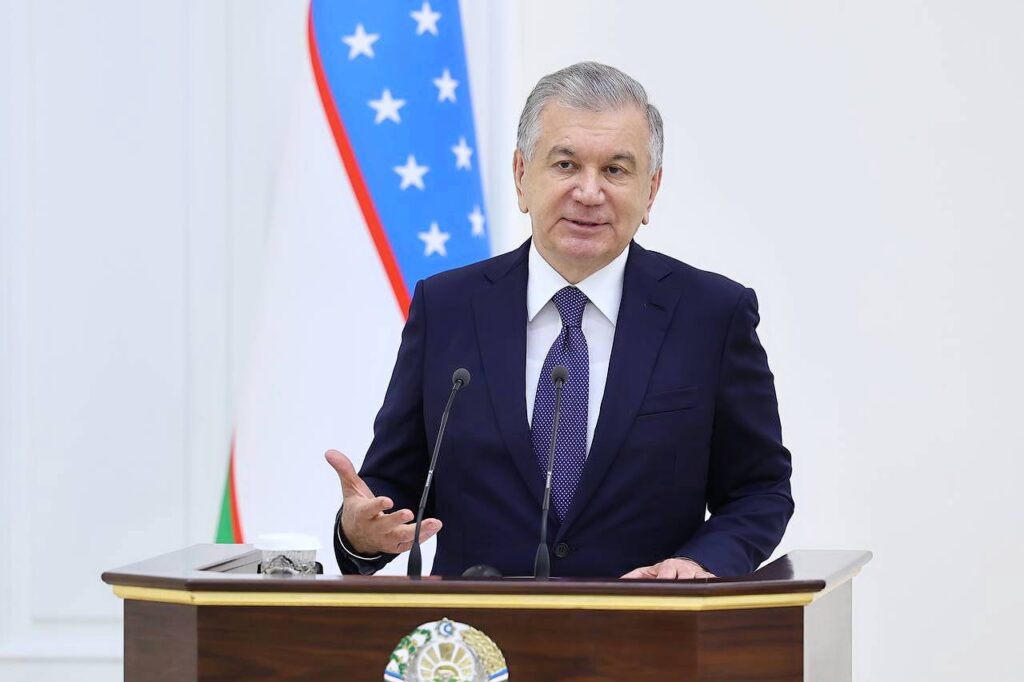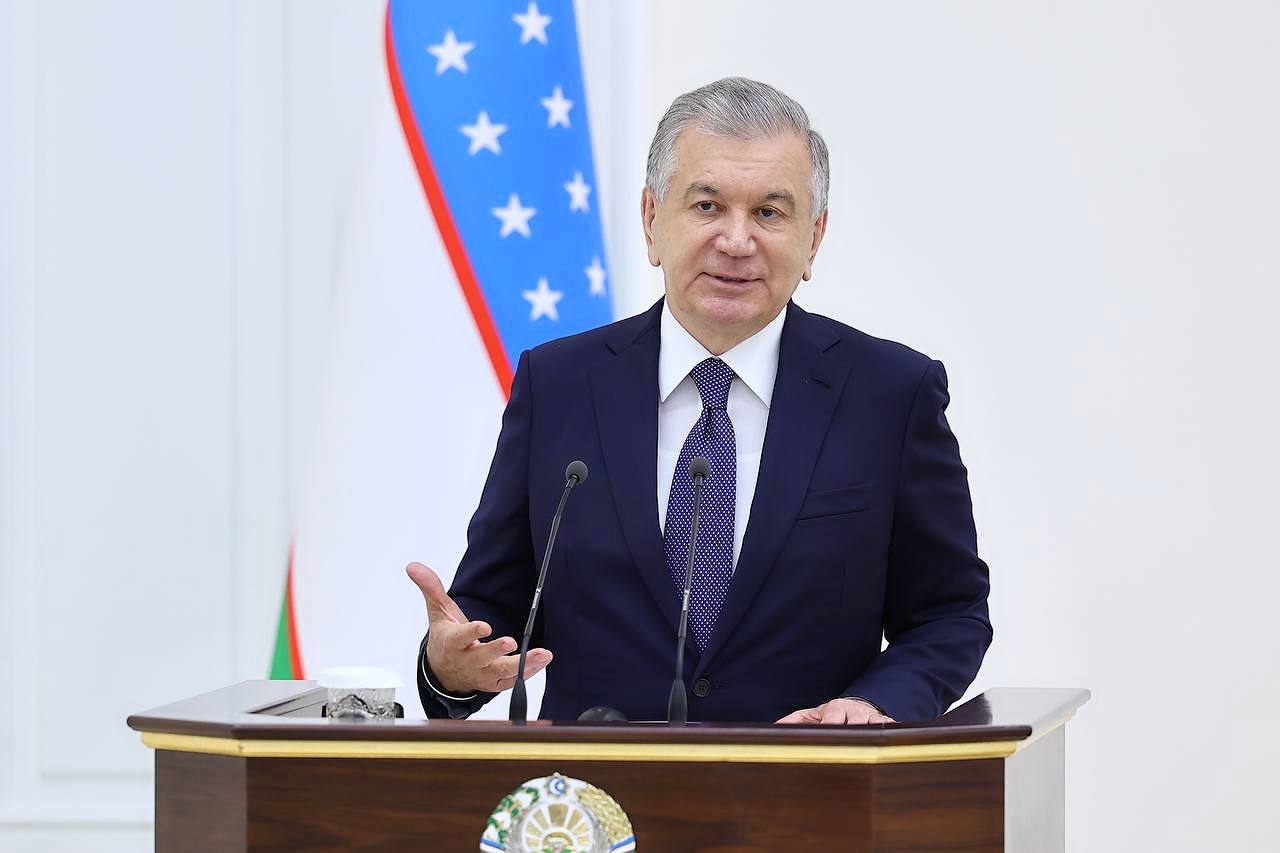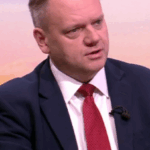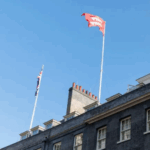In the heart of Central Asia, the Republic of Uzbekistan has undergone a remarkable transformation under the leadership of President Shavkat Mirziyoyev. Born on July 24, 1957, Mirziyoyev assumed office as the second President of Uzbekistan in December 2016, succeeding the late Islam Karimov. Since then, his presidency has been characterized by sweeping reforms, economic revitalization, and a commitment to fostering regional cooperation.
president of uzbekistan inherited a nation facing both internal and external challenges. Uzbekistan, a country with a rich cultural heritage and a strategic geographic location, had long been isolated from the global community under the previous regime. Mirziyoyev recognized the need for change and embarked on a journey to modernize and open Uzbekistan.
One of the first pillars of Mirziyoyev’s transformative agenda was economic reform. Uzbekistan’s economy, heavily reliant on agriculture and traditional industries, needed diversification and modernization. The president implemented measures to attract foreign investment, streamline bureaucratic processes, and encourage entrepreneurship. As a result, Uzbekistan experienced a significant uptick in foreign direct investment, particularly in sectors such as energy, infrastructure, and technology.

Launching the “Uzbekistan 2035” development strategy marked a pivotal moment in the nation’s economic trajectory. This ambitious roadmap outlined key objectives, including creating a vibrant and innovative economy, improved social services, and enhanced regional connectivity. Mirziyoyev’s administration prioritized the development of special economic zones, fostering a business-friendly environment and providing incentives for local and international investors.
In addition to economic reforms, President Mirziyoyev focused on social changes aimed at improving the lives of Uzbek citizens. The healthcare and education sectors received attention with increased funding and modernization efforts. The president’s commitment to education manifested in initiatives to enhance the quality of education, promote digital literacy, and encourage research and innovation.
Moreover, Mirziyoyev championed gender equality and women’s empowerment, recognizing women’s crucial role in the nation’s development. Reforms were introduced to promote equal opportunities in education and employment, signaling a departure from traditional gender norms.
The president’s commitment to human rights and civil liberties also became evident through legal and judicial reforms. Steps were taken to ensure a more transparent and accountable legal system, with efforts to eradicate corruption and enhance the rule of law. Mirziyoyev’s administration worked towards creating an open and inclusive society, fostering dialogue with civil society organizations and the media.
Internationally, President Mirziyoyev pursued a diplomatic strategy to strengthen Uzbekistan’s ties with neighboring countries and the global community. Central to this approach was the improvement of relations with long-time regional rivals. The president’s efforts to normalize ties with neighboring countries, particularly Kyrgyzstan and Tajikistan, marked a significant departure from the previous administration’s policies, fostering a more stable and cooperative regional environment.
Uzbekistan’s increased engagement with international organizations and commitment to resolving longstanding issues in the region garnered praise from the international community. Mirziyoyev’s administration actively participated in forums and initiatives promoting regional cooperation, economic integration, and sustainable development.
However, the road to transformation is not without its challenges. Uzbekistan faces the task of balancing economic progress with the preservation of its cultural heritage. The president’s vision for a modern and prosperous Uzbekistan must coexist with the need to protect and celebrate the nation’s rich history, traditions, and diverse cultural identity.
President Shavkat Mirziyoyev’s leadership has brought about a wave of positive change in Uzbekistan, domestically and internationally. Through economic reforms, social initiatives, and diplomatic outreach, he has set the country on a path of sustainable development and increased global prominence. As Uzbekistan continues its transformation journey, the world watches with anticipation, hopeful that the nation will emerge as a shining example of progress and unity in Central Asia.

















